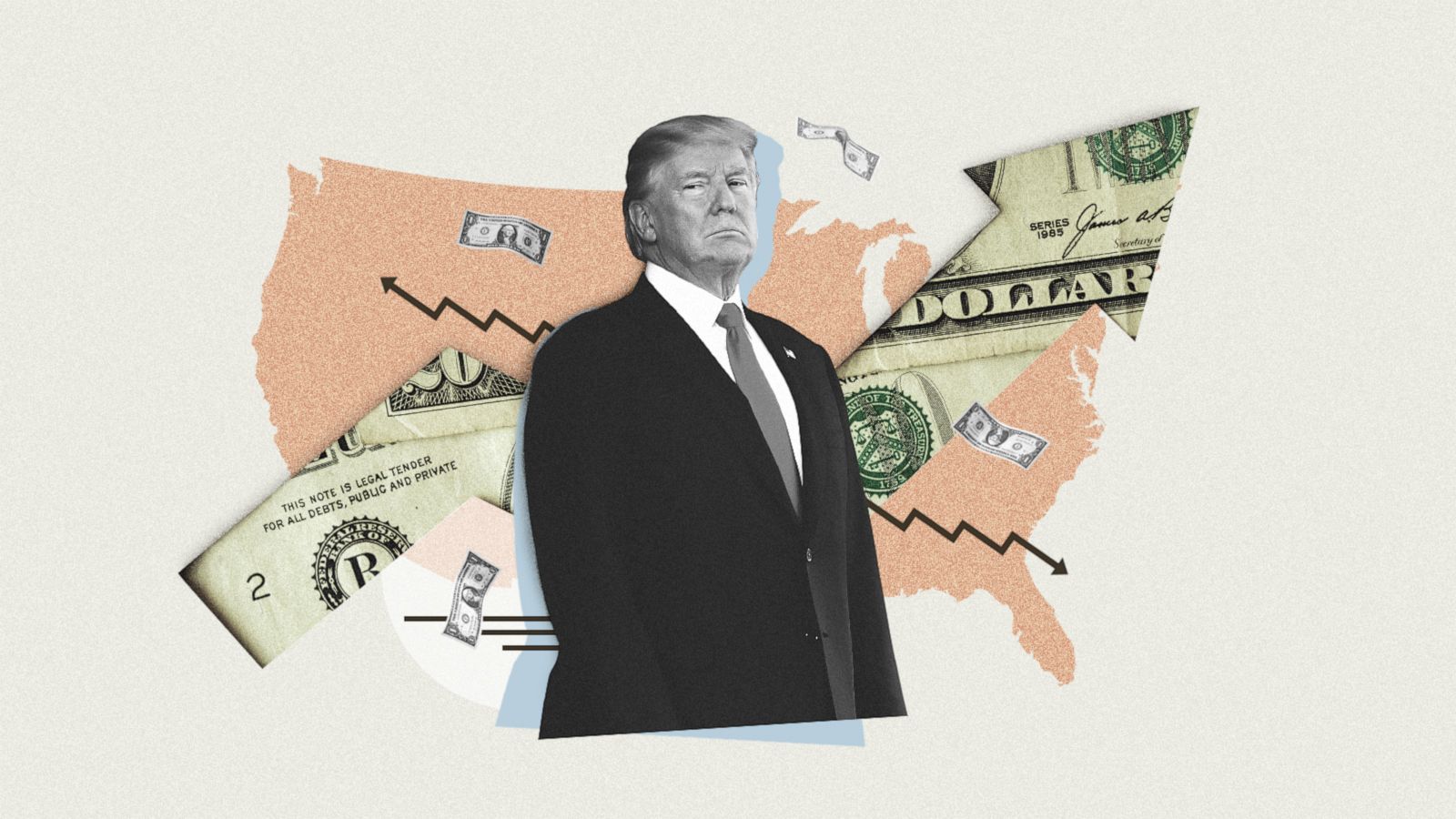
Trump’s Triumph: How Global Financial Markets Reacted
Markets across the globe have been in turmoil and transition since is historic events surrounding Donald Trump’s return to the White House. As Wall Street surges to unprecedented levels, concerns over international trade implications and domestic inflation loom large. In this article, we delve into the impacts of Trump’s election on the financial markets, the UK mortgage landscape, and consumer attitudes toward economic stability.
 Trump’s policies and their effects on global markets shed light on dynamic shifts in consumer confidence and spending.
Trump’s policies and their effects on global markets shed light on dynamic shifts in consumer confidence and spending.
Wall Street’s New High
Wall Street has recently hit a record high, igniting discussions about the factors catalyzing this surge. Analysts suggest that investor optimism surrounding Trump’s policy direction has played a significant role. This has led to renewed confidence in sectors poised to benefit from potential tax cuts and deregulation initiatives.
However, this euphoria could be short-lived if the policies translate to real economic benefits. Many economists caution that the long-term effect of Trump’s trade tariffs, especially the robust 60% import tariffs on Chinese goods, could backfire, exacerbating inflation and increasing prices for the consumers. Given the interconnected nature of global markets, fluctuations in one economy can set off a chain reaction across others—particularly concerning trading partners like the UK.
The Impact on the UK
With Trump at the helm, British markets are left wondering how proposed tariffs will reshape economic relations across the Atlantic. One senior UK government official revealed the uncertainty that reigns in the wake of these tariffs, stating:
“It’s hard to say what it’s going to mean for us now. There will be trade implications, but it’s unclear whether they will be flat tariffs that spark a trade war with China in which we all feel the pain or mildly protectionist measures.”
This ambiguity leaves UK businesses grappling with how to adapt to potentially rising costs of goods, especially with trading partners like China, who may respond in kind to trade restrictions.
 Concerns about inflation permeate discussions as businesses brace for potential economic shifts.
Concerns about inflation permeate discussions as businesses brace for potential economic shifts.
Consumer Sentiment and Spending
Consumer confidence has always been a barometer for economic health, and rising prices driven by increased tariffs may lead consumers to rethink their spending habits. For instance, Wetherspoons, a staple of the UK hospitality scene, has warned patrons about potential price hikes stemming from increased national insurance contributions and tax burdens following a recent budget announcement from Labour. With pub-goers likely to feel the pinch, transformative changes in spending patterns could reverberate through other sectors, particularly retail.
The Mortgage Market Landscape
As US politics create waves, the ripple effects extend into the UK mortgage sector. The Financial Conduct Authority (FCA) has recently published a set of portfolio letters outlining key concerns and priorities for 2025, which reflect a commitment to consumer protection, financial resilience, and operational practices within mortgage lending.
In particular, non-bank mortgage lenders and administrators must navigate new expectations regarding consumer duties, especially for clients facing financial difficulties. The FCA has emphasized that these institutions must maintain transparent relationships with regulators, signalling an era of increased accountability in financial practices.
 The regulatory landscape is shifting, and companies must adapt to stringent guidelines.
The regulatory landscape is shifting, and companies must adapt to stringent guidelines.
Future Prospects: What Lies Ahead?
Looking ahead, global markets will continue to react to shifts in economic policies, especially as Trump’s administration unfolds its plans for trade and taxation. With interest rates possibly spiking due to inflation induced by import levies, the message to UK homeowners is clear: brace for change. Warwick McKibbin, a former board member of the Reserve Bank of Australia, predicts that the RBA cash rate could reach a 13-year peak of 4.6%, indicating that mortgage costs may rise, putting additional pressure on household budgets.
Moreover, as the UK grapples with these international pressures, it remains crucial to keep the dialogue open about the implications of rising tariffs and potential economic isolation on trade.
The stakes have never been higher as we observe these unfolding scenarios. Ultimately, the successful navigation of these challenges will depend on the readiness of governments, businesses, and consumers to adapt to an ever-changing economic landscape.
Disclaimer: The information presented here serves as a general understanding and should be contextualized within specific financial circumstances. Always seek personalised advice regarding your financial situation.















